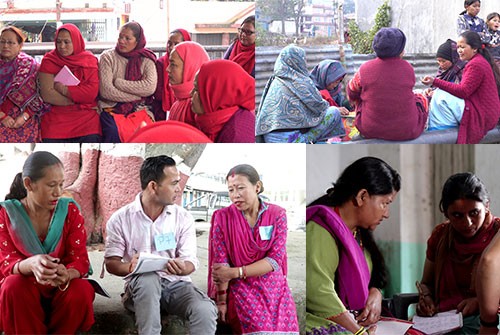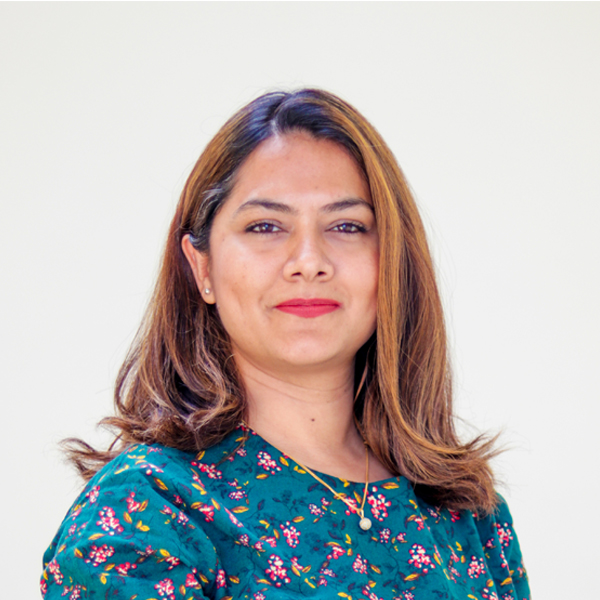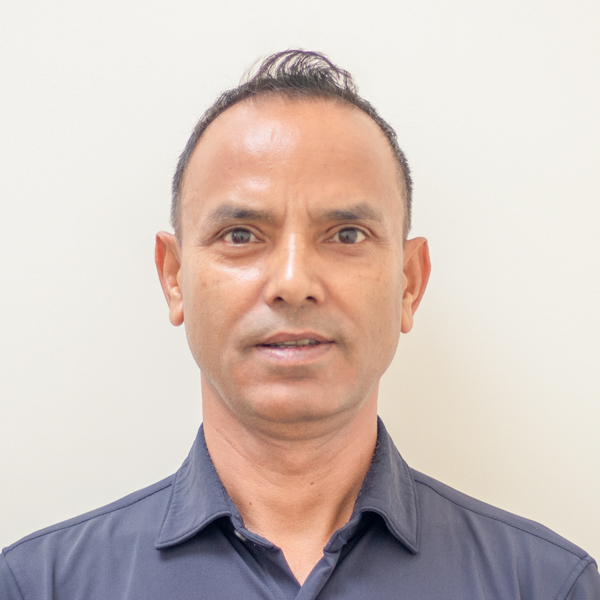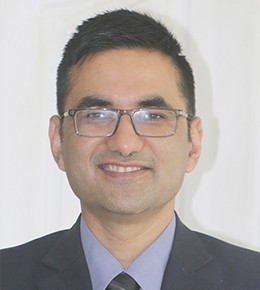Introduction
Nepal is in the process of institutionalizing federalization. Three tires of government, as per the new structure, includes a federal government, seven provincial governments and 753 local governments. In the federal structure, health is one of the most decentralized sectors where basic health services falls under the exclusive functions of local government. The Health Management Information System (HMIS) provides a strong base for evidence informed decision making in the Nepal health system. Nepal’s health system needs accurate, comprehensive and disaggregated data to measure its performance, and to identify disparities among social groups and geographic areas. HMIS record health service utilization of private providers, however private providers use their own information management systems (IMS). Evidence showed that neither public nor private IMS have been systematically assessed against gender and equity framework thus gap in knowledge exists. PEI (Partnership for Equity and Inclusion) is a research project that studies intersectional gender and equity in public and private sector IMS and design an evidence-informed framework that promotes gender equitable health services.
Objective
The objective of the project is to assess intersectional gender and equity in public and private sector IMS and design an evidence-informed framework that promotes gender equitable health services.
Methodology
This study will be cross-sectional exploratory study using desk-based review of IMS policies of public and private service providers, and a qualitative study by conducting 12-15 key informant interviews (KIIs) at federal, provincial and local levels, and formation of a technical working group to assess the MIS. Cases studies of four health facilities, one from public, one from private health facility, one from rural municipalities and one from urban municipalities will be conducted. Desk based document review including review of existing IMS policies, process, guidelines, principles, forms, formats, recording and reporting system and review of DHIS-2, which is a web-based reporting platform of HMIS that also facilitate analysis and visualization of data will be performed. Policy documents and qualitative data will be analyzed using thematic framework analysis approach.
Expected output
The findings from the project will identify gaps in existing IMS and help and support to strengthen routine health information system at all levels, from federal to community. The project is anticipated to develop a framework incorporating gender equality and intersectionality in routine health information system through the engagement of local government, HFOMC and community people. Learning from the project will inform local planning process to use the framework and to inform larger research project in other municipalities to strengthen delivery of routine health services ensuring gender equality and focus on intersectionality.
Partnership
This project is implemented in partnership with Ministry of Health and Population (MOHP), HMIS section of the Management Division, provincial health directorate, Health Facility Operation Management Committee (HFOMC) and local level representatives. This study is part of a research Cluster that aims to build on the work of five existing GCRF international research networks/projects focused on equity in key public institutions.
Associated Team Members
Shophika Regmi
Senior Manager: Health System Research, Evaluation and LearningShophika Regmi
Senior Manager: Health System Research, Evaluation and LearningAppointed as the lead for Systems, Policy and Programme Department Ms. Shophika Regmi has been working in health and social research for more than a decade. Throughout this period, she has led research projects of various natures and scales, particularly in the health sector. She possesses extensive experiences in implementation research using participatory action approaches, designing and executing evaluation studies, national level surveillance study, and large-scale survey across diverse areas such as health system strengthening, urban health, health workforce, non-communicable [...]
Learn moreSushil Chandra Baral
Managing DirectorDr. Sushil Chandra Baral is an experienced health and development expert with over 25 years of experience in research and development. Specializing in health systems, health policy, and planning at both national and international levels, Dr. Baral has played a pivotal role in communicable disease control, specifically Tuberculosis. He serves as a Managing Director at HERD International. In the past, he worked as a Strategic Advisor for the Nepal Health Sector Support Programme demonstrating expertise in program-based operational research and [...]
Learn moreSampurna Kakchapati
Research Manager: Survey, Evaluation and ImpactDr. Sampurna Kakchapati is an experienced public health professional and researcher with a PhD in Research Methodology. He brings over 15 years of extensive expertise in data science, statistics, quantitative research, and monitoring and evaluation. Recognized as a leading expert in the field, Dr. Kakchapati has demonstrated his proficiency by successfully conducting and overseeing various national and international research projects and surveys. Dr. Kakchapati holds proficiency in data analysis using statistical packages such as R program and SPSS. His professional [...]
Learn moreProject Location
Similar Projects
Monitoring and Evaluation of Remote Areas Maternal and Newborn Health Pilot (RAMP), Taplejung This was a pilot project ...
Background TDR, the Special Programme for Research and Training in Tropical Diseases, hosted at the World Health Organization in ...
Reaching the unreached with family planning services … The UK Department for International Development (DFID) and the United States ...
Background Since 2003, MDA program has been conducting till date in Nepal. The program was initiated in all districts in 2013 and ...
A short term project to monitor the activities of UNICEF interventions in the earthquake-affected districts to help UNICEF perform ...
Background UNICEF’s Acute Respiratory Infection Diagnostic Aid (ARIDA) project was initiated as a response to the call for better ...
Healthcare accessibility is increasing worldwide as nations strive for Universal Health Coverage (UHC). However, access alone does not ...




